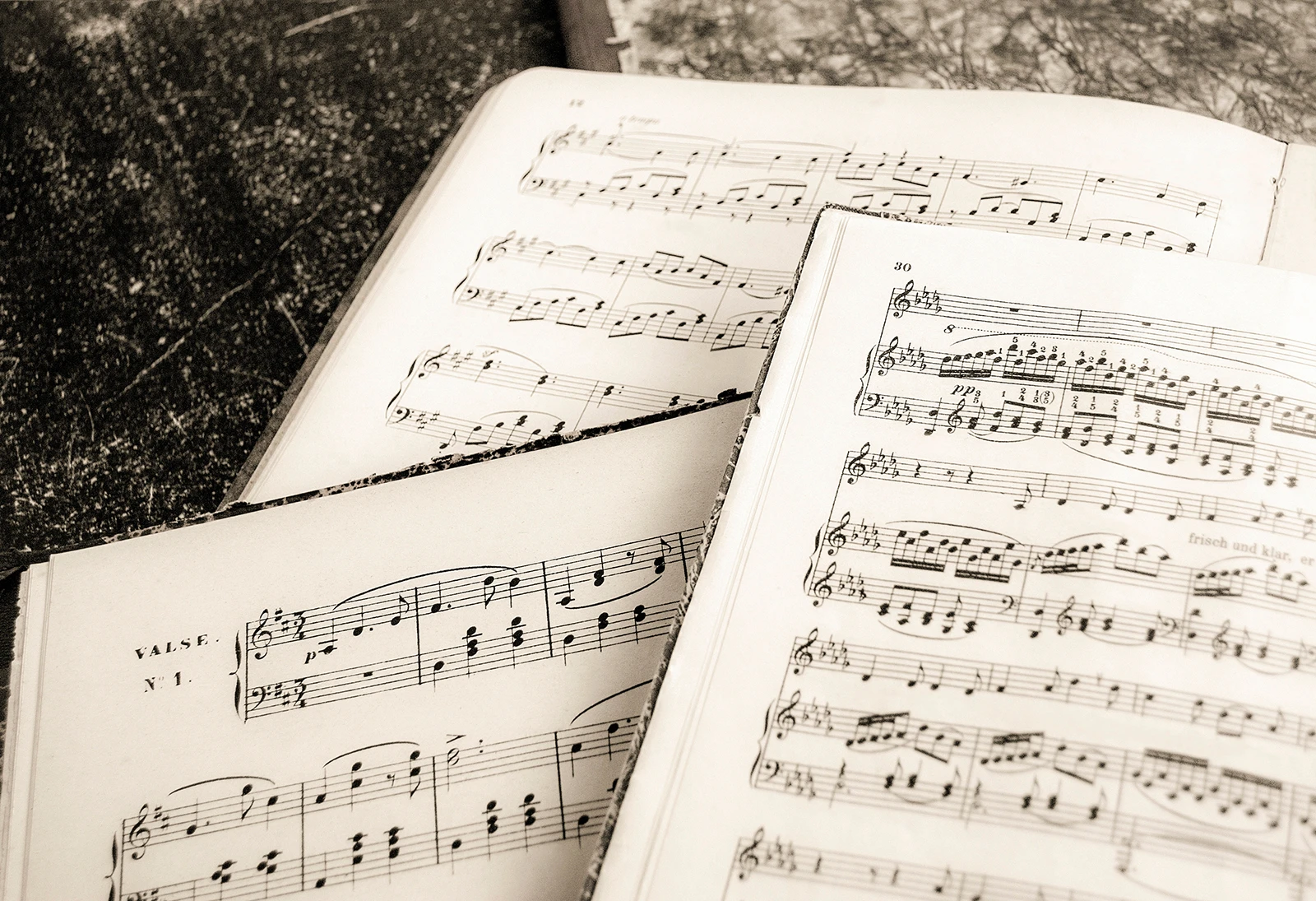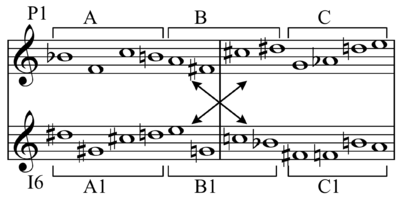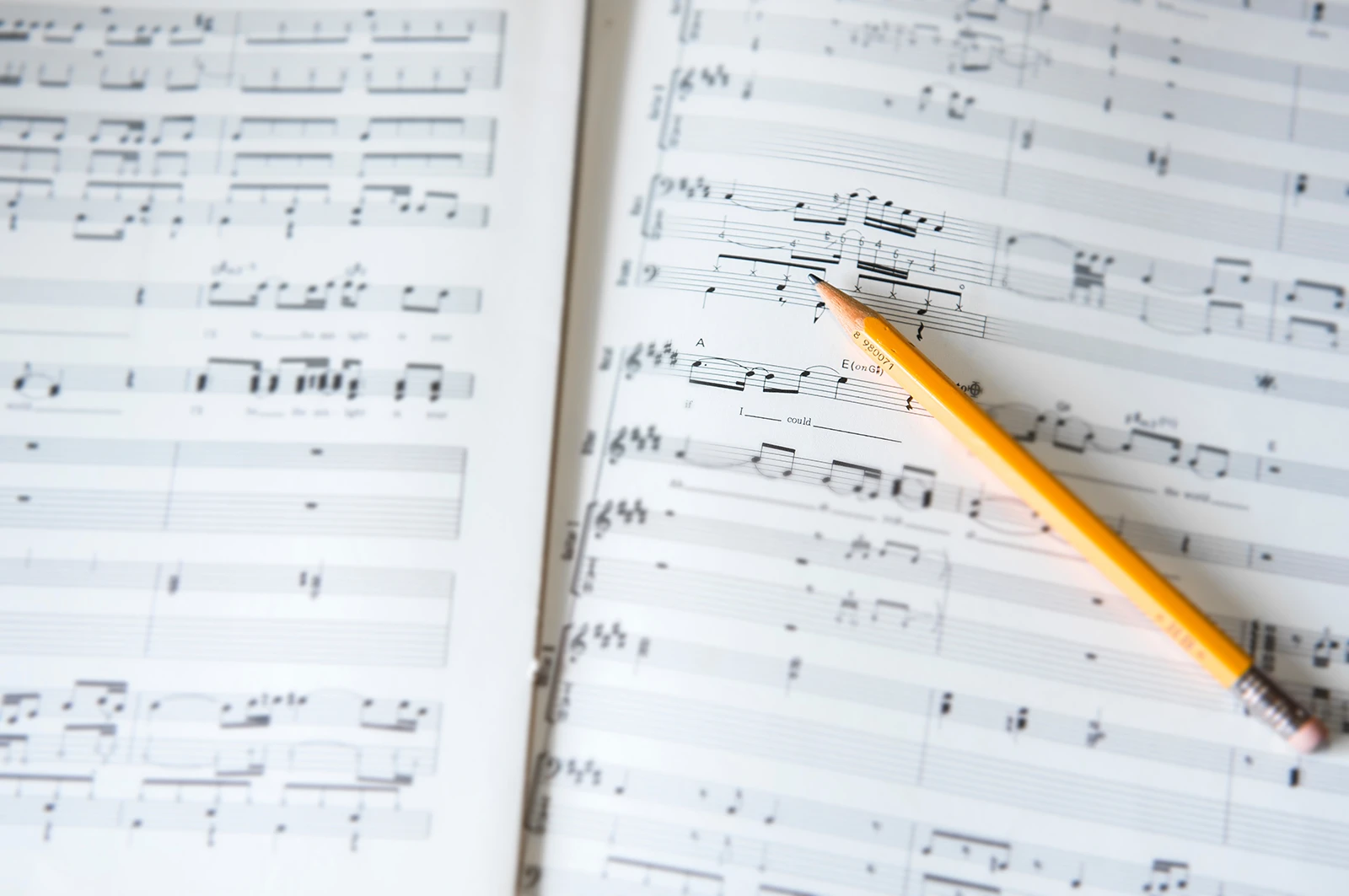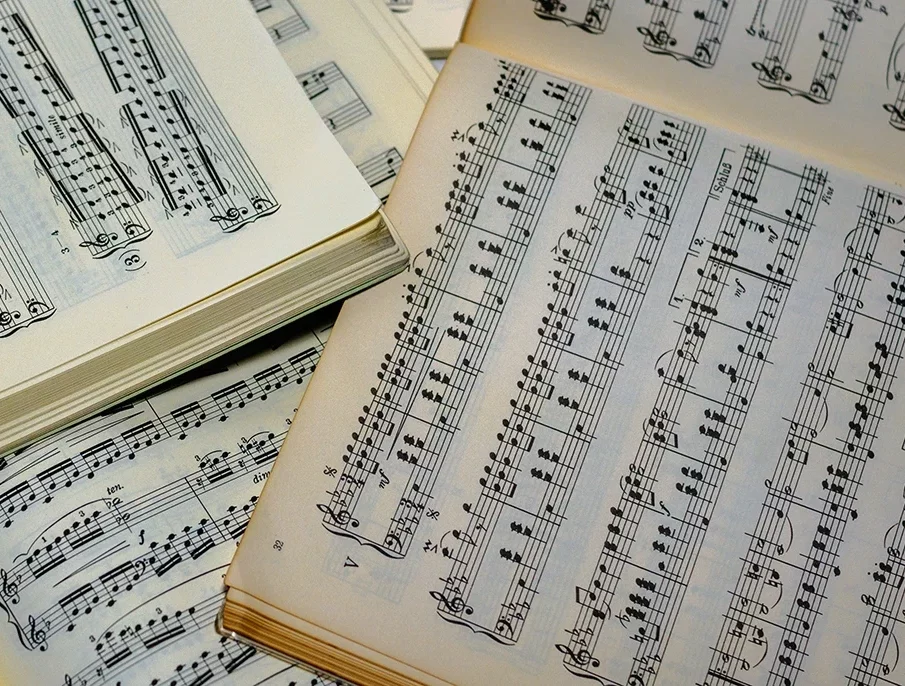Greetings from Indiana, PA! It is my honor to have been selected as Band Content Area Chair for PMEA. This organization has been incredibly important to me personally, as well as professionally, over the past 30 years. Undoubtedly, I would not have made music my career if not for the inspiring and life changing opportunities that the festival system provided to me when I was growing up in western Pennsylvania. Later, after I became a music educator in our state, the opportunities that PMEA have provided for professional development, fellowship, and giving back the profession, have been some of the most rewarding experiences in my career. I look forward to these next two years!
I would be remiss if I did not thank Mr. Adam Gumble, Director of Bands at Hempfield High School, for his service to PMEA over the last two years in this position. He has contributed mightily to our organization as an enormously successful music educator who has been recognized locally and state wide for excellence in the classroom as well as the concert stage. Thank you Adam!
I have entitled this initial article “Sibling Rivalry,” to hopefully draw attention to outstanding compositions for band that have been overlooked due to the enormous success of one, or more pieces written by the same composer. This concept is not unique to music for band. I would argue that almost every composer that has standard works in the repertoire for a given medium has compositions that have been overshadowed by the success of one, or more, musical siblings. I offer as evidence, A Somerset Rhapsody, Op 21, by Gustav Holst. This orchestral work was completed in 1906, but was not premiered until 1910. It’s a great piece!! Holst’s mastery of orchestration, counterpoint, and his clever use of folk song are all on display in this early work. Despite that fact, this piece is rarely performed with orchestras. My suspicion is that due to the success of The Planets, St. Paul Suite, and other works that this piece has become forgotten over time.







